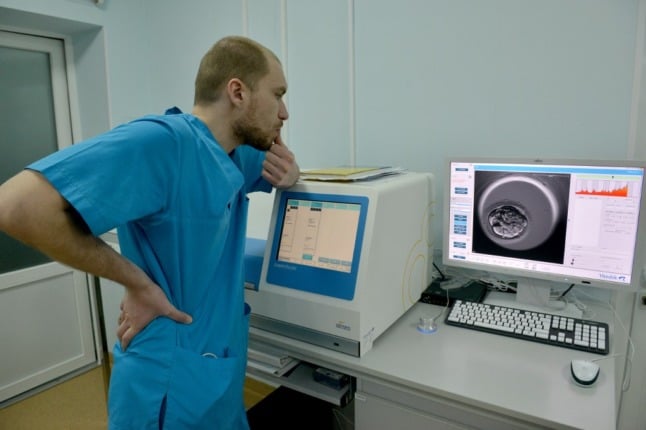Researchers from three institutions completed a joint study comparing data from 64 children born using in vitro fertilisation (IVF) techniques and 57 children who were conceived naturally, newspaper Tribune de Genève reported.
In 2008, both sets of children were taken up the Jungfraujoch, one of Switzerland’s highest mountains, to an altitude of 3,500 metres. There the high altitude would act as a stressor, the researchers explained.
The results showed that about 30 percent of the IVF children displayed high pulmonary arterial pressure, as well as showing greater blood vessel rigidity when compared to the other children.
The scientists concluded that IVF children were more likely to develop heart problems later in life, according to Professor Urs Scherrer from the Bern University Hospital, which piloted the study.
The Bern researchers carried out the study in conjunction with the Vaud University Hospital and the Centre for Medically Assisted Procreation (CPMA) in Lausanne.
The research team believes that the result is a consequence of chemical processes that take effect while the embryo is still in the Petri dish. It is thought that chemicals in the cultures alter the expression of certain genes.
Marc Germond, a researcher from CPMA, was quick to note that many non-IVF individuals bear the same genetic markers, which do not automatically lead to the development of heart problems.
“You can have high cholesterol and work too hard and still not necessarily die of a heart attack,” said Germond.
He added that the results only gave a preliminary view.
“We cannot yet be conclusive with a study of 65 IVF children,” Germond said.
“It will need to extend to thousands of others to confirm the findings.”
The Swiss findings are set to be published in US journal Circulation on April 17th.


 Please whitelist us to continue reading.
Please whitelist us to continue reading.
Member comments